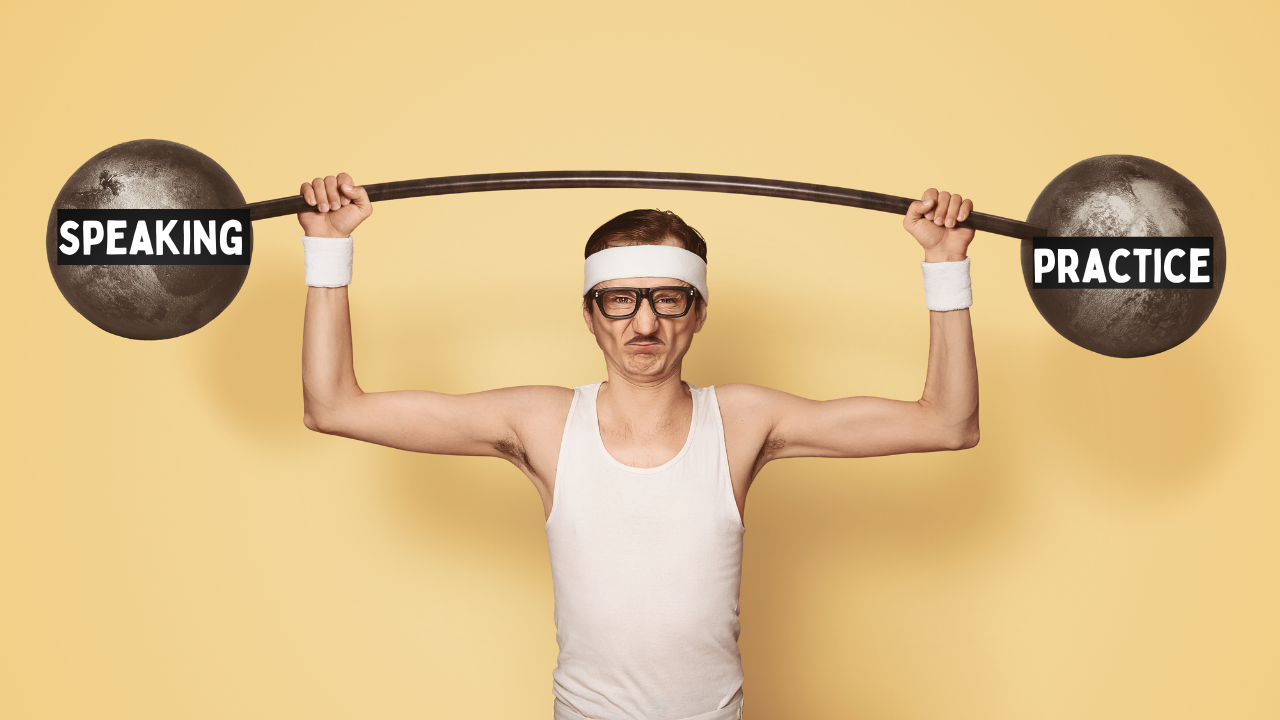Why You Should Learn British Slang (+ How to do it)

If you’ve ever found yourself struggling to understand British people in everyday conversations, you’re not alone. Even if you’ve studied English for years, real-life conversations in the UK can feel completely different from what you’ve learned in textbooks. One of the biggest reasons for this is British slang and idiomatic expressions.
Loads of people assume that they only need to focus on "proper English," but in reality, slang is essential for clear communication in the UK. Understanding slang will help you connect with native speakers, improve your listening skills, and feel more confident in social settings. In this article, we’ll explore why you should learn British slang and how to do it effectively.
Watch the Video:
Why Learning British Slang is Essential
1. British People Don’t Always Speak Formally
In formal settings, such as business meetings or academic discussions, you may hear more standard English. But in everyday conversations, people use informal expressions and slang all the time.
For example, instead of saying:
-
"That’s not fair!"
A Brit might say: "That’s bang out of order!"
Or instead of:
-
"This restaurant doesn’t seem trustworthy."
You might hear: "This place looks a bit dodgy."
If you only recognize formal language, you’ll struggle to keep up with casual conversations.
2. Slang Helps You Connect with People
Using slang makes conversations feel more natural. If you understand informal expressions, you’ll feel more included in social situations, whether you’re chatting with friends, colleagues, or strangers in a pub.
Imagine a friend invites you for drinks and says:
-
"Fancy a bevvy after work?"
If you don’t know that "bevvy" means "beverage" (alcoholic drink), you might feel confused and out of place.
Being able to understand and use slang helps you bond with native speakers and feel more comfortable in conversations.
3. Understanding Slang Improves Your Listening Skills
Many learners struggle with fast speech because native speakers blend words together and use idiomatic expressions. When you know the slang, you can follow conversations more easily and stop relying on subtitles when watching British TV shows.
For example, if someone says:
-
"I was gutted when my team lost."
(Translation: "I was really disappointed.")
Or:
-
"She’s chuffed with her new job."
(Translation: "She’s really happy.")
Knowing these expressions allows you to focus on the overall meaning of conversations rather than getting stuck on unknown words.
How to Learn British Slang Naturally
Now that you understand why slang is important, here’s how to learn it effectively.
1. Learn Slang in Small Chunks
Don’t try to memorize hundreds of slang words at once. Instead, focus on the most common and useful expressions first.
Start with:
✅ Greetings & Reactions – "Alright?" (Hello), "No worries!" (It’s okay), "That’s mental!" (That’s crazy!) ✅ Emotions & Opinions – "Gutted" (Disappointed), "Chuffed" (Pleased), "Knackered" (Exhausted)
✅ Money & Shopping – "Quid" (Pound), "Fiver" (£5), "Skint" (Broke)
A great way to start is by downloading my free ‘British English Made Easy’ PDF, which includes 50 essential British expressions to help you get started.
2. Listen to Slang in Real Conversations
To fully understand slang, you need to hear how it’s used in context.
Try:
-
British TV shows & movies (Peaky Blinders, The Inbetweeners, Coronation Street)
-
Podcasts & YouTube videos featuring natural conversations
-
Listening to native speakers in real-life situations
When you hear a new slang word, write it down and try to use it in a sentence.
3. Practice Using Slang in Conversations
Once you’ve learned a few slang words, start using them in conversations. If you’re not in the UK, try:
-
Language exchange apps (e.g., HelloTalk, Tandem)
-
Speaking with native English tutors
-
Practicing with a British-speaking friend
You don’t need to use slang all the time, but using even a few expressions naturally will make you sound more fluent and confident.
4. Take a Structured Approach to Learning Slang
If you want to master British slang quickly, a structured learning program will help. My British Slang Challenge is designed to teach you over 150 essential expressions through videos, quizzes, and interactive exercises so you can use them confidently in real conversations.
Final Thoughts
British slang is a key part of real, everyday English, and learning it will make conversations much easier. Instead of relying on formal English, start recognizing and using common expressions to improve your listening skills and build better connections with native speakers.
📩 Want to get started? Download my free ‘British English Made Easy’ PDF, which includes 50 must-know expressions. And if you’re ready to take your slang skills to the next level, check out my British Slang Challenge and master over 150 expressions!
Start Making Real Progress And Communicate More Confidently Today

Download your FREE BritSpeak Roadmap and start building fluency and confidence in English. It will help you...
- Understand what skills you need to work on next
- Make a plan for how to work on those skills
- Learn the best way to make progress quickly
Enter your details below to get the Roadmap for FREE.
You will also be added to the mailing list. You can unsubscribe at any time. I will never spam you or sell your details.







